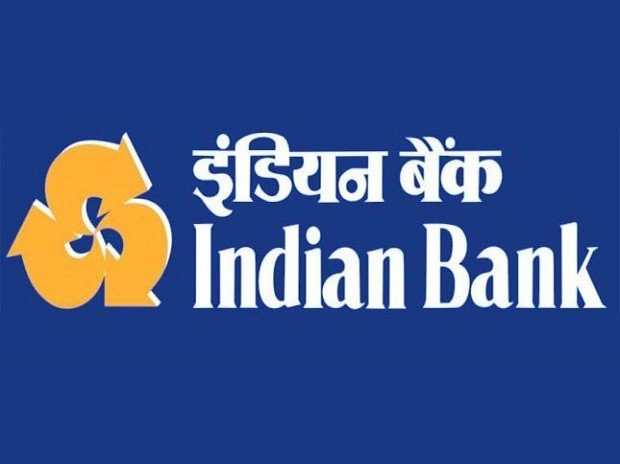Indian Bank vs. Maharashtra State Co-Operative Marketing Federation Ltd. (1998) 5 SCC 69
Court: Supreme Court of India Decided on: 05/09/1998 Citation: Indian Bank vs. Maharashtra State Co-Operative Marketing Federation Ltd. (1998) 5 SCC 69 Petitioner: Indian Bank Respondent: MAHARASHTRA STATE CO-OPERATIVE MARKETING FEDERATION LTD. Act, Statutes, Order, Section, Rule etc.: Code of Civil Procedure section 10, Order 37.
Difference between MRTP Act 1969 and Competition Act 2002
Bench: S.C.Agrawal , G.T. Nanavati
Appellant Advs: Ms. Bina Madhavan, P.H.Parekh
Respondents Advs: D.M.Nargolkar
FACT:
The respondent Federation applied to the appellant bank on 5.6.1989 to open Irrevocable Letter of Credit for a sum of Rs. 3,78,90,000/- in favour of M/s. Shankar Rice Mills. Pursuant to that request to Bank opened an Irrevocable Letter of Credit on leave on the Federation to defend the suit conditionally upon the Federation depositing Rs.4 crores in the Court. The summons for judgment was disposed of accordingly and the Notice of Motion was dismissed.
Aggrieved by the order of the learned Single Judge in summons for judgment Federation filed Appeal before the Division Bench of the High Court; and against the order passed on Notice of Motion it preferred Appeal. The Division Bench was of the view that the word ‘trial’ in section 10 has not been used in a narrow sense and would mean entire proceedings after enters his appearance, held that section 10 of the Code applies to a summary suit also. It also held that the summary suit filed by the Bank being a subsequently instituted suit was required to be stayed. It allowed both the appeals; set aside the orders passed by the learned Single Judge and stayed the summary suit till the disposal of the prior suit filed by the Federation.
ISSUES:
The question which arises for consideration in these appeals is whether the bar to proceed with the trial of subsequently instituted suit, contained in section 10 of the Code of Civil Procedure, 1908 is applicable to summary suit filed under Order 37 of the Code.
Argument by both parties:
Appellant was that the view taken by the learned Single Judge was correct and Division Bench has committed an error of law in taking a contrary view. It was his contention that if section 10 is made applicable to summary suit also the very object of making a separate provision for summary suits will be frustrated. The learned counsel for the respondent, on the other hand, supported the view taken by the Division Bench.
Ratio decidendi:
SC opinion, the Division Bench of the Bombay High Court was in error in taking a different view. It had relied upon the decision of this Court in Harish Chandra vs. Triloki Singh (AIR 1957 SC 444). That was a case arising under the Representation of People’s Act and, therefore, it was not proper to apply the interpretation of word ‘trial’ in that case while interpreting section 10 in the context of Order 37 of the Code.
Held
Leave granted
Therefore, allow these appeals, set aside the impugned judgment of the Division Bench of the High Court and restore the order passed by the learned Single Judge.




![Call for Campus Ambassadors by Our Legal World [2 Months; Virtual]: Apply by June 15](https://www.ourlegalworld.com/wp-content/uploads/2024/06/Logo-New-136x150.png)


